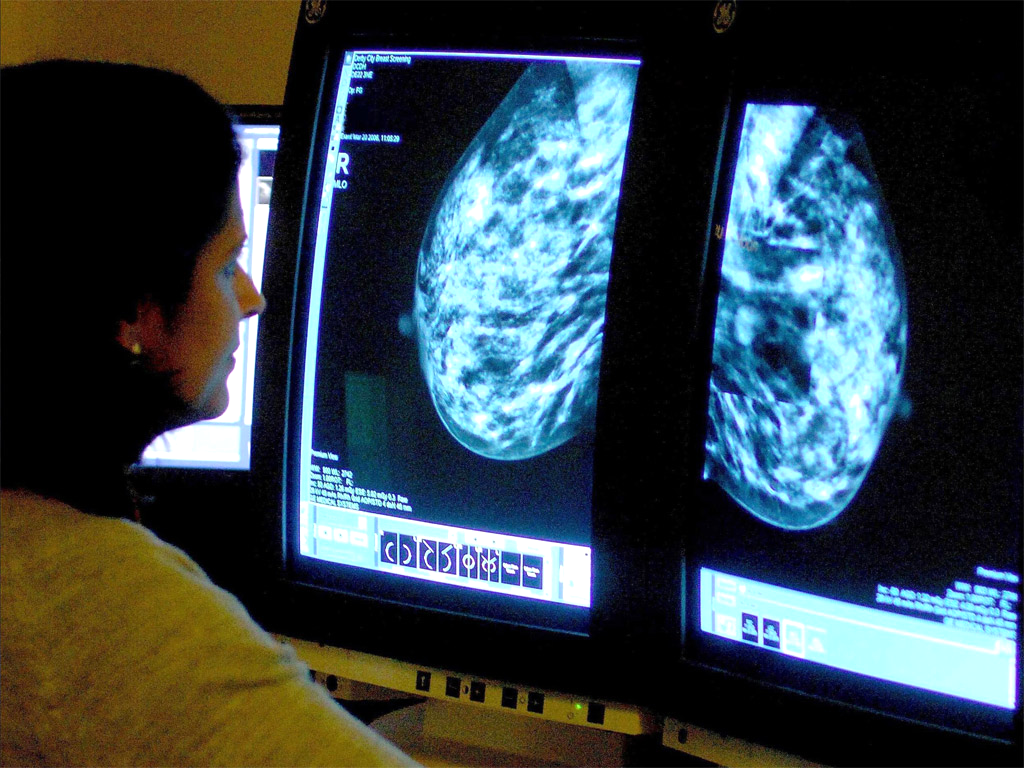Cancer survival rates up - but UK still lags behind other countries
Only five per cent of pancreatic cancer patients survive for five years or more after diagnosis

Your support helps us to tell the story
From reproductive rights to climate change to Big Tech, The Independent is on the ground when the story is developing. Whether it's investigating the financials of Elon Musk's pro-Trump PAC or producing our latest documentary, 'The A Word', which shines a light on the American women fighting for reproductive rights, we know how important it is to parse out the facts from the messaging.
At such a critical moment in US history, we need reporters on the ground. Your donation allows us to keep sending journalists to speak to both sides of the story.
The Independent is trusted by Americans across the entire political spectrum. And unlike many other quality news outlets, we choose not to lock Americans out of our reporting and analysis with paywalls. We believe quality journalism should be available to everyone, paid for by those who can afford it.
Your support makes all the difference.Survival rates for cancer patients in England continue to improve, but leading charities have warned that treatments for some types of cancer are still “lagging behind” others.
New figures from the Office for National Statistics show that 85 per cent of women are surviving for five years or more after a breast cancer diagnosis, while testicular cancer and prostate cancer in men had five-year survival rates of 97 per cent and 82 per cent.
Patients with melanoma and Hodgkin’s lymphoma also had survival rates above 80 per cent.
However, only five per cent of pancreatic cancer patients survive for five years or more after diagnosis, and lung cancer – the second most common cancer – had survival rates of 12.5 per cent in women and less than 10 per cent in men.
Despite steady improvements in survival rates for cancers diagnosed between 2007 and 2011, and followed up in 2012, England still lags behind similarly wealthy countries such as Australia, Canada and Sweden for many cancers.
Survival rates for two types of cancer – laryngeal cancer in men and stomach cancer in women – have actually dropped slightly since 2010.
Mike Hobday, director of policy and research at Macmillan Cancer Support said that further research was needed to better understand “inequalities in cancer survival”.
“It is disappointing to see survival rates for some of the rarer cancers still lagging behind the majority of the most common types,” he said. “Every cancer patient should expect the very best chances of survival – no matter what type of disease they have.”
Dr Penny Woods, chief executive of the British Lung Foundation, said that the prognosis for lung cancer patients in England was “appalling” and called on the Government to do more to combat smoking – the chief cause of the condition – including introducing standardised packaging for cigarettes. 41,000 people are diagnosed with lung cancer in the UK every year.
“The five-year survival rate for lung cancer continues to be the second-worst of the 21 most common cancers, yet it is the second most diagnosed cancer,” she said. “With smoking causing over 80 per cent of lung cancers it is also vital that we cut the number of people who take up smoking in the first place.”
However, Cancer Research UK said that, overall the picture was “encouraging”.
“Better treatments and diagnosing cancer earlier may both have contributed to the increasing survival,” said Nick Ormiston-Smith, the charity’s head of statistics. “Thanks to research, survival rates have doubled in the last 40 years and our understanding of cancer is growing clearer every day. More work is needed to continue the progress we’ve made and it’s also important that future research looks at ways of making treatment kinder and with fewer side-effects.”
Join our commenting forum
Join thought-provoking conversations, follow other Independent readers and see their replies
Comments